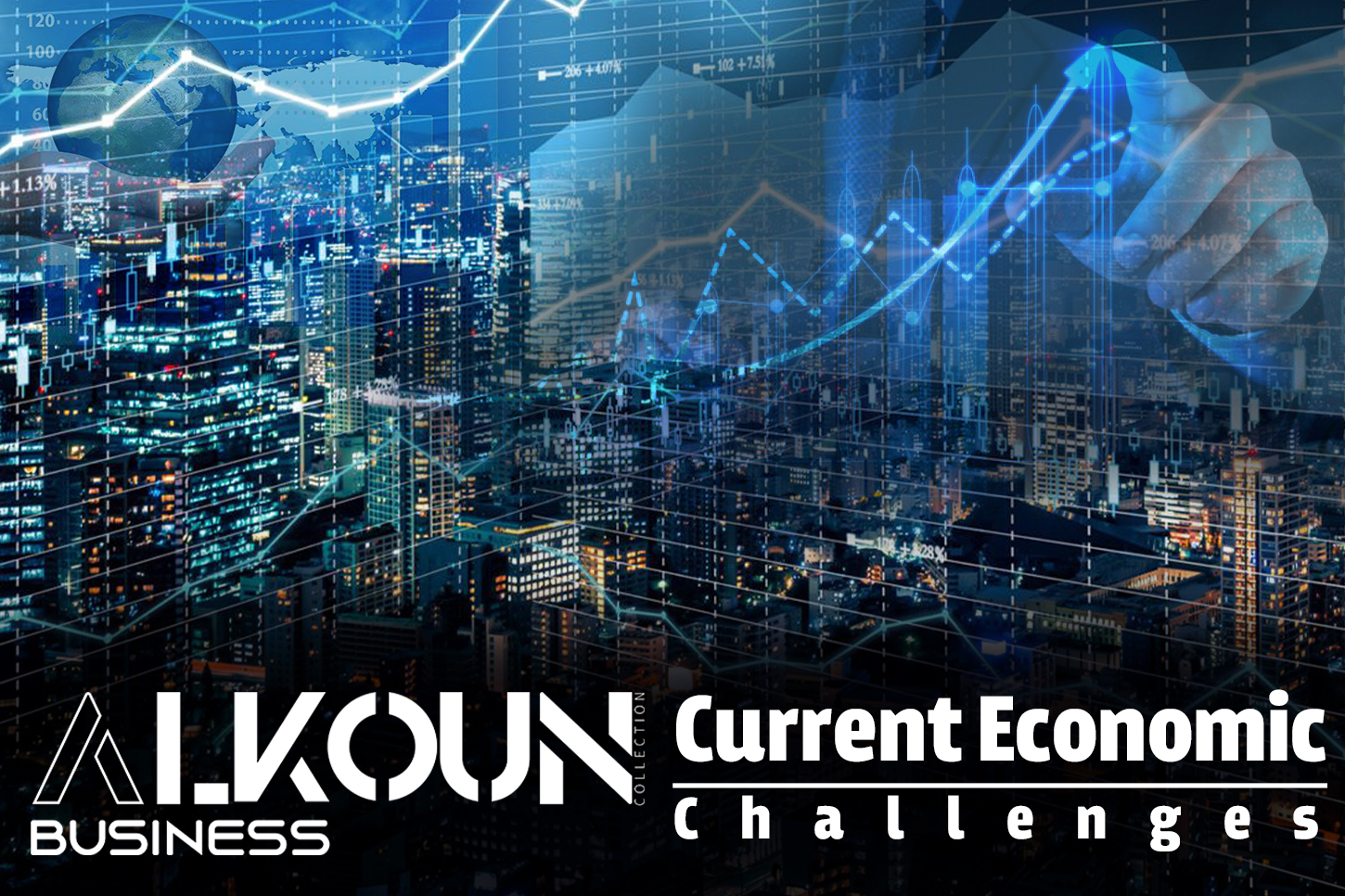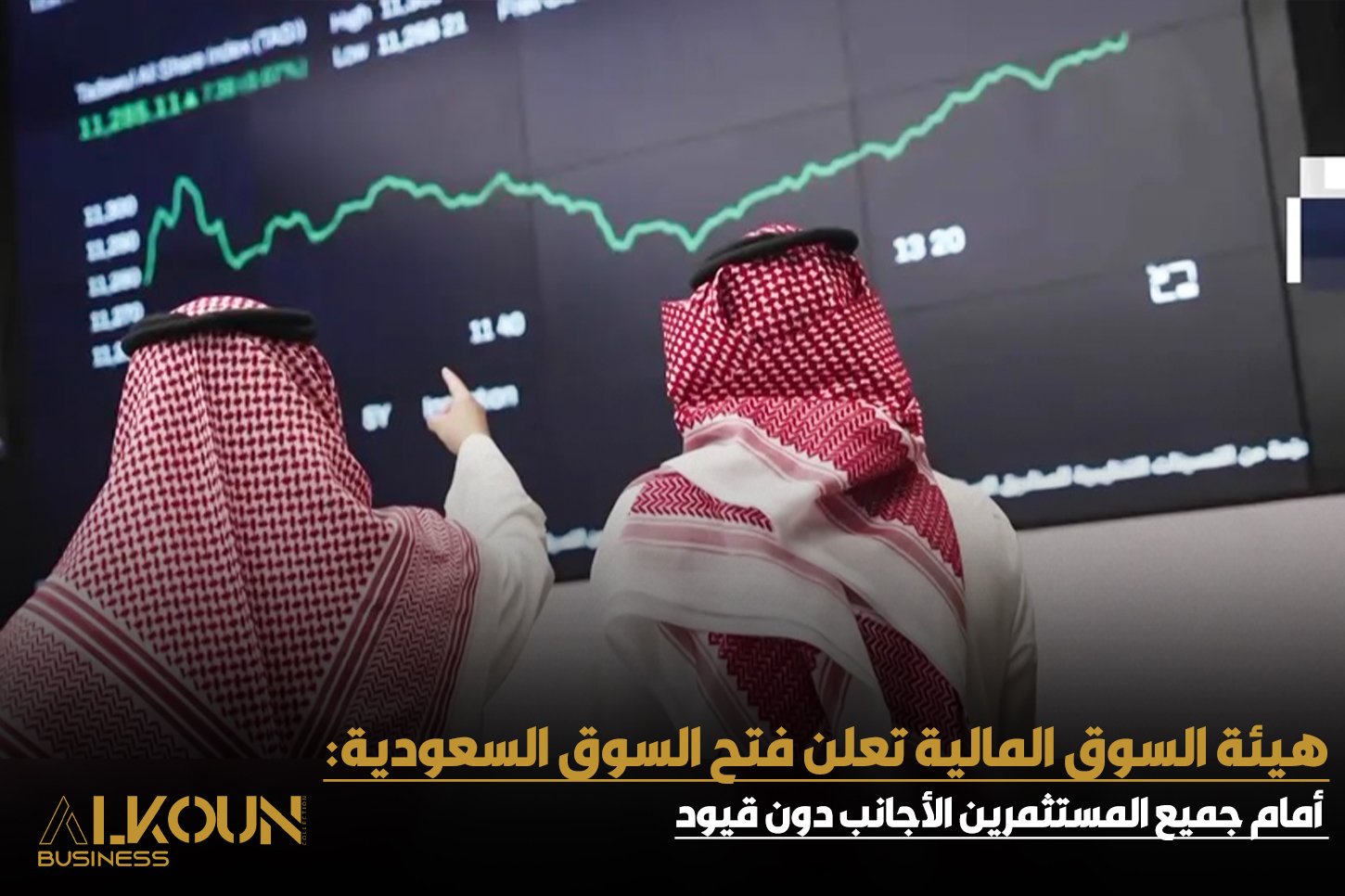The global economy is facing a range of challenges in the current climate, from the ongoing effects of the COVID-19 pandemic to political instability and trade tensions. In this article, we will explore some of the key economic challenges facing the world today, and consider how they may impact different countries and regions.
COVID-19 Pandemic
The COVID-19 pandemic continues to have a significant impact on global economies, with many countries experiencing significant contraction in output and employment. According to the International Monetary Fund (IMF), the global economy is expected to contract by 3% in 2020, with advanced economies experiencing the worst downturn since the Great Depression. Developing economies are also expected to face significant challenges, with many experiencing a decline in remittances and a reduction in access to credit.
While some countries are beginning to ease restrictions and reopen their economies, the threat of a second wave of infections remains a concern. The ongoing uncertainty surrounding the pandemic is likely to continue to impact consumer and business confidence, with potential implications for investment and spending.
Trade Tensions
Trade tensions have been a key feature of global economics in recent years, with countries such as the US and China engaging in tit-for-tat tariff increases. The implications of these tensions are complex, with different countries experiencing different effects depending on their level of engagement in global trade.
According to the World Trade Organization (WTO), global trade in goods and services is expected to decline by between 13% and 32% in 2020 as a result of the pandemic, with the long-term implications still uncertain. Some experts have suggested that the COVID-19 pandemic could lead to a shift towards more localized supply chains, which could have implications for global trade in the longer term.
Political Instability
Political instability is a growing concern in many countries, with ongoing protests and civil unrest in places such as Hong Kong, Belarus, and the US. This instability can have significant economic implications, with potential impacts on investment, tourism, and trade.
In addition, there is growing concern about the rise of populism and protectionism in some countries, which could lead to increased trade barriers and a reduction in global cooperation. This, in turn, could have implications for the global economy, with potential impacts on growth and employment.
Inequality
Inequality is a longstanding economic challenge, with significant implications for social and economic outcomes. According to the OECD, income inequality has been rising in most OECD countries since the 1980s, with the top 10% of earners now earning almost 10 times as much as the bottom 10%.
This inequality can have significant implications for economic growth and social cohesion, with potential impacts on health, education, and political stability. Addressing inequality is likely to be an important priority for policymakers in the coming years, with potential implications for tax policy, social safety nets, and education and training programs.
Conclusion
The global economy is facing a range of significant challenges, from the ongoing effects of the COVID-19 pandemic to political instability and trade tensions. Addressing these challenges will require a coordinated global effort, with policymakers and business leaders working together to find solutions that promote economic growth and social inclusion.
































